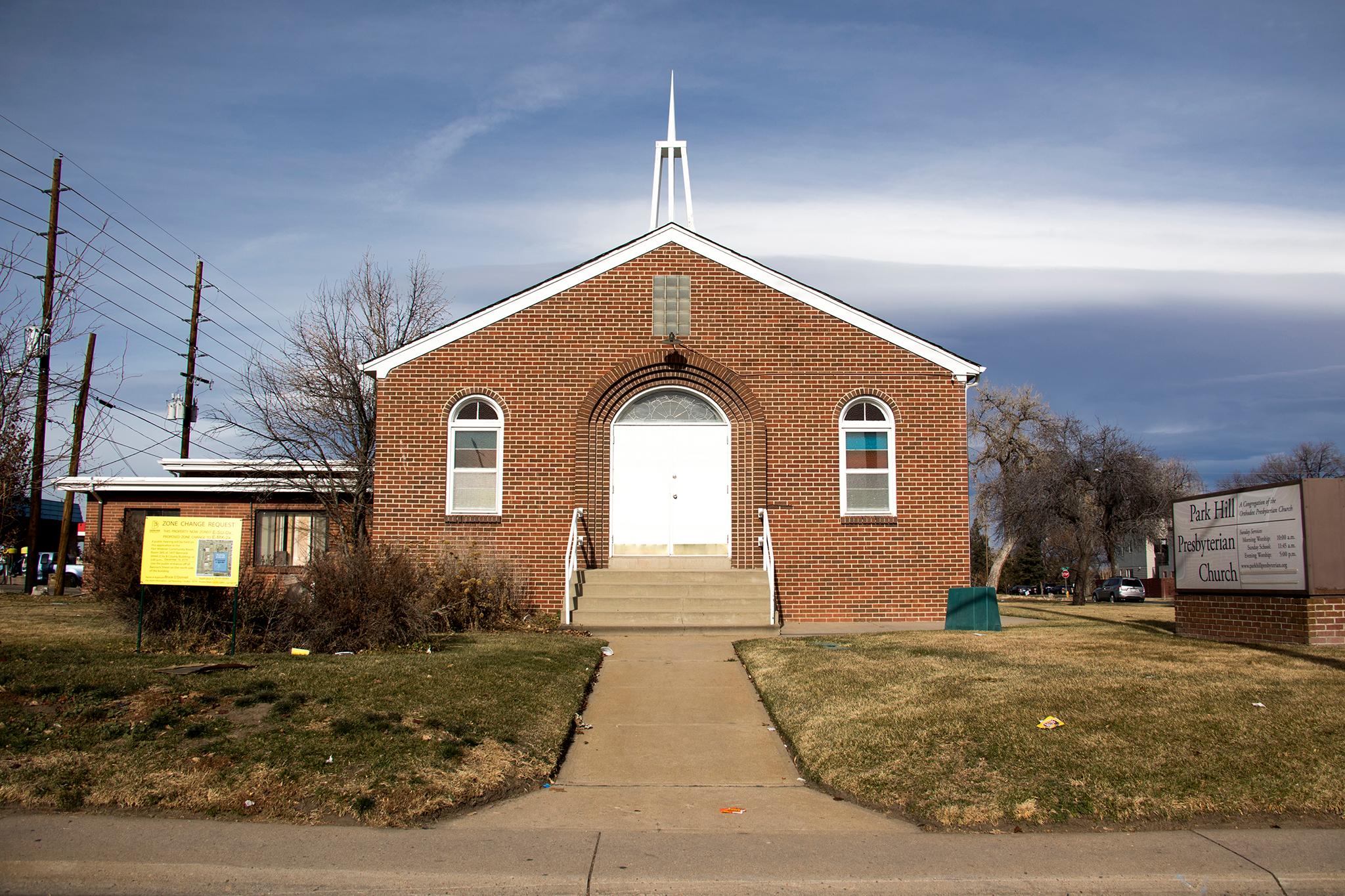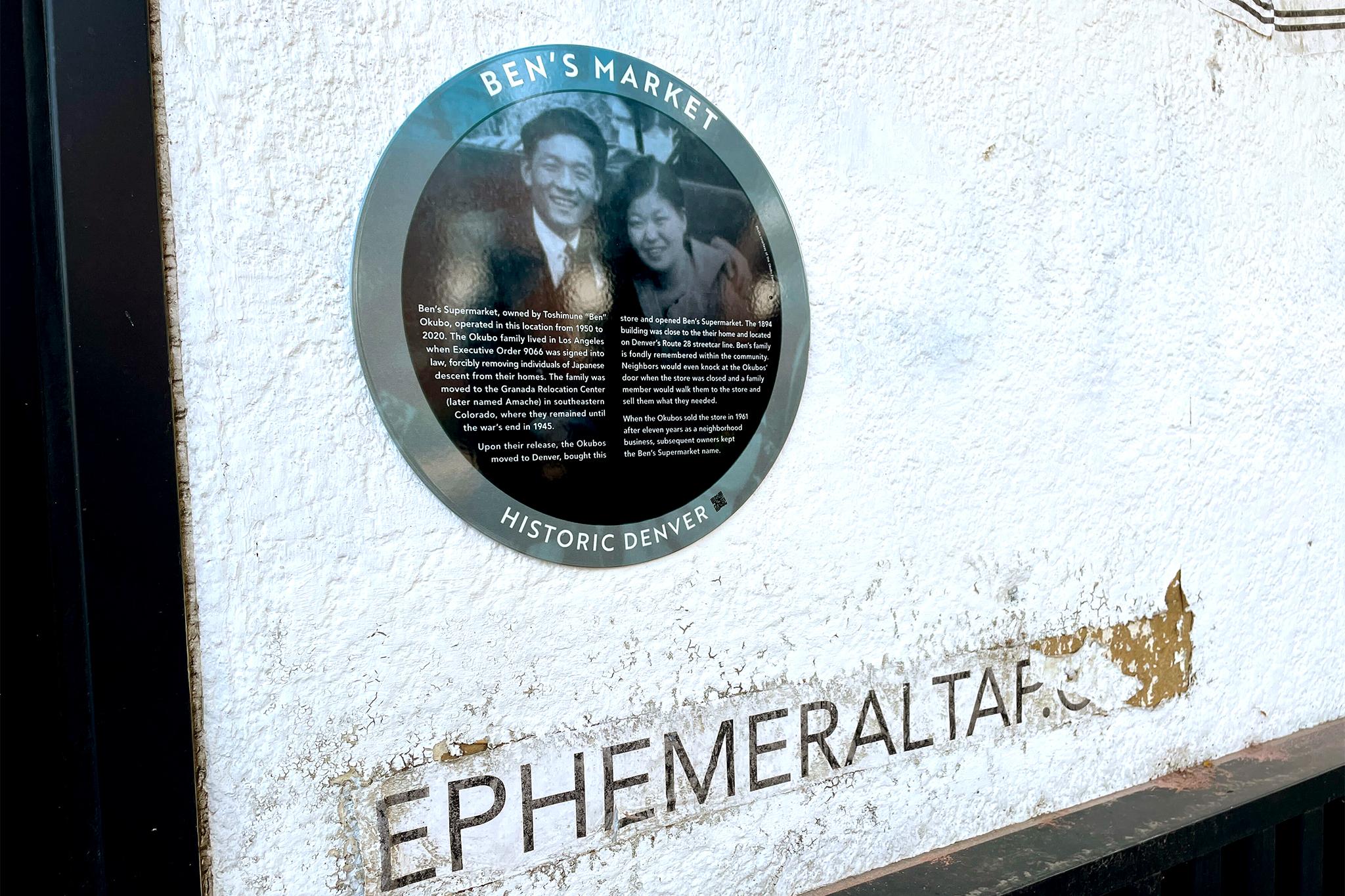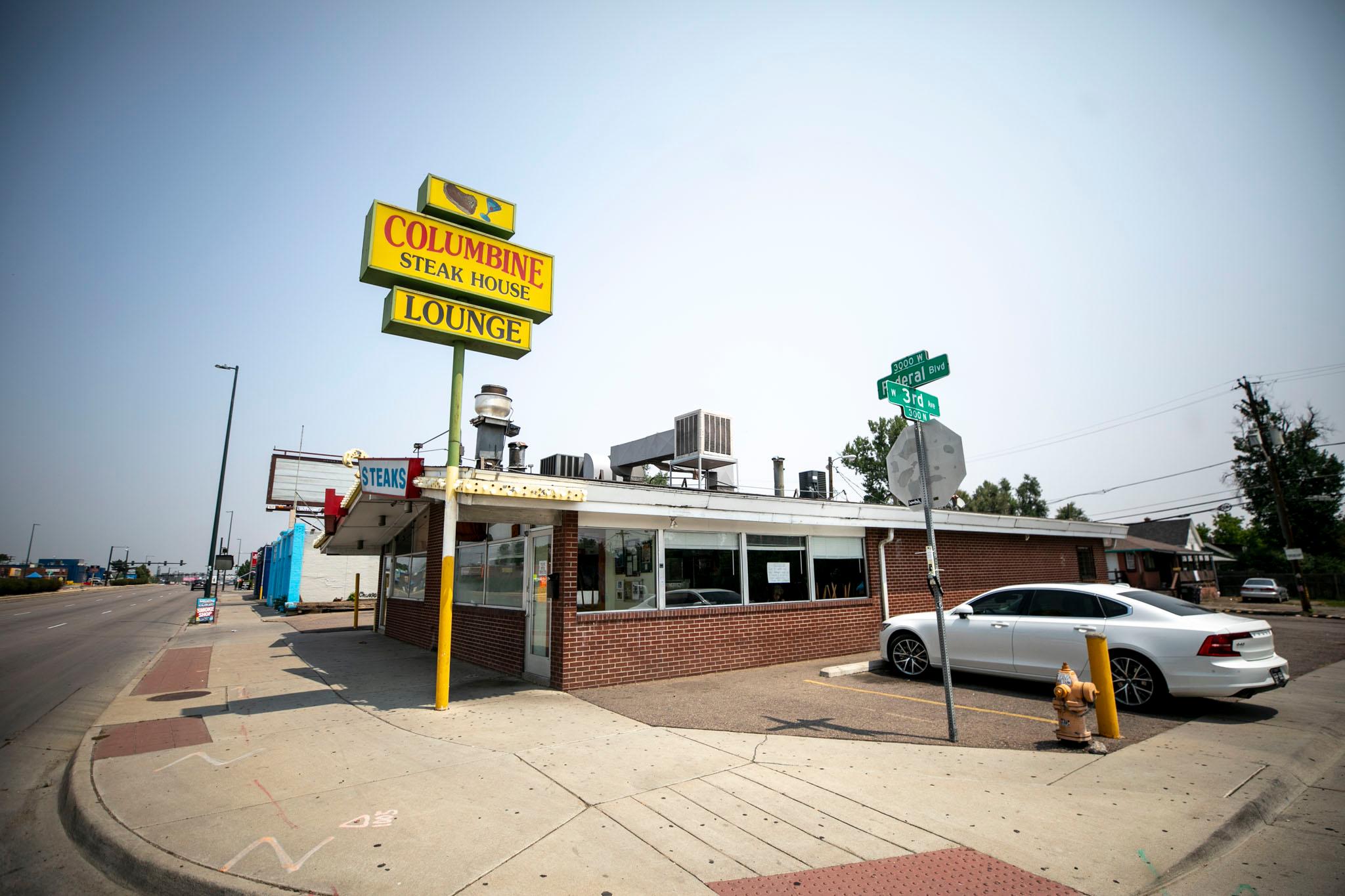A project to build 20 townhomes in Northeast Park Hill is alive and well after the developer agreed to ensure four of those homes are attainable for people who aren't rich.
The Denver City Council passed a rezoning request 11 to 0 Monday night, with council members Stacie Gilmore and Rafael Espinoza absent.
It's the latest version of a common story in Denver development: A builder wants to create homes in a city with a housing shortage, but existing neighbors aren't sold, either because they're concerned about change in general or because they're concerned that higher property values will price them out.
This chapter includes something that's somewhat fleeting in a divided city: Compromise.
Abdur-Rahim Ali, the imam at the Northeast Denver Islamic Center across the street, led the initial opposition, citing concerns over gentrification and displacement. But he softened after negotiating with other neighbors, developer Len Goldberg and Reverend Matthew Kingsbury, who is selling Park Hill Orthodox Presbyterian Church for development.
The pact ensures 20 percent of the development -- four homes -- will cost $236,000 to buy. They're reserved in perpetuity for people making 80 percent of the area median income. A family of four making $72,000 a year or less would qualify.
Monday's public hearing was a kumbaya moment in chambers that can get venomous when new development is on the table.
"This particular process has brought good consequences when we've actually got Christians, Muslims and Jews working together," Ali said. "And that's historic in itself."
Aside from the attainable housing agreement, Goldberg will help advertise the for-sale homes in local publications in an attempt to attract a diversity of local buyers.
That idea is important to Pastor Robert Davis at Park Hill Seventh Day Adventist Church. He was initially against the project, but changed his tune after the pact.
"I hope that this becomes a model for future development projects," Davis said. "That as development continues... it's doing so with an eye towards being more inclusion-based."
Ali and Davis reminded the council that these four somewhat affordable homes are a Band-Aid -- "We're trying to empty the ocean with a teaspoon," Davis said.
Councilman Chris Herndon applauded the compromise.
"I think when we sit down and hear each other's concerns you can reach a consensus," he said.
A memorandum of understanding was signed on the same night of the public hearing, but the developer agreement has yet to be executed, Ali said.













